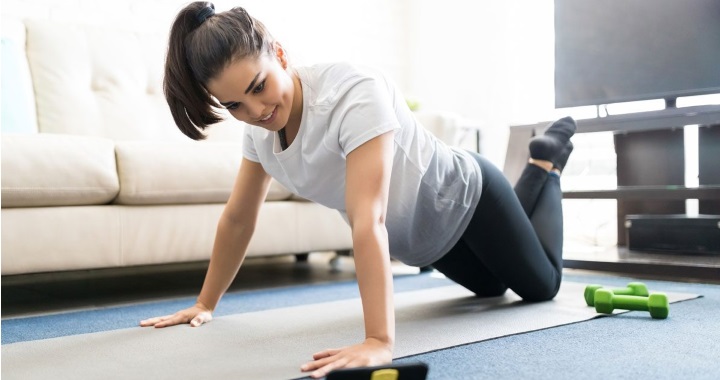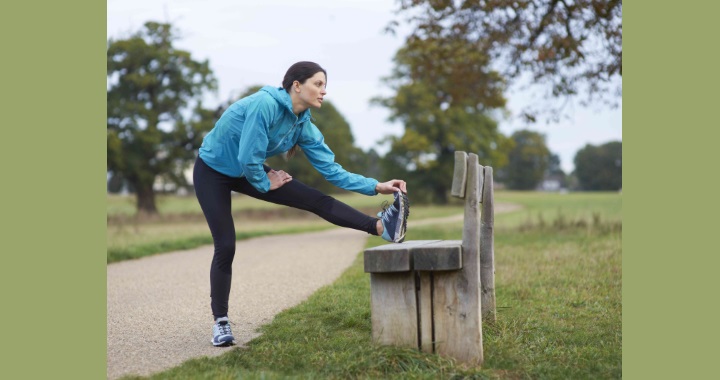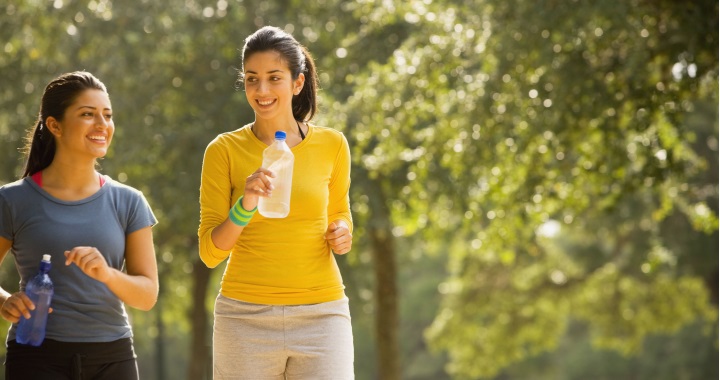That’s bad news, but emerging evidence shows that there are plenty of compelling reasons to start moving at any age and even if you’re ill or pregnant. Indeed, scientists are learning that exercise is, actually, medicine. “There is no pill that comes close to what exercise can do,” says Claude Bouchard, director of the human genomics laboratory at Pennington Biomedical Research Center in Louisiana. “And if there was one, it would be extremely expensive.”
It’s linked to less depression, better memory and quicker learning. Studies also suggest that exercise is, as of now, the best way to prevent or delay the onset of Alzheimer’s disease, a major fear for many Americans.
Scientists don’t know exactly why exercise changes the structure and function of the brain, but it’s an area of active research. So far, they’ve found that exercise improves blood flow to the brain, feeding the growth of new blood vessels and even new brain cells, thanks to the protein BDNF (brain-derived neurotrophic factor). BDNF triggers the growth of new neurons and helps repair and protect brain cells from degeneration. It may also help people focus, according to recent research.
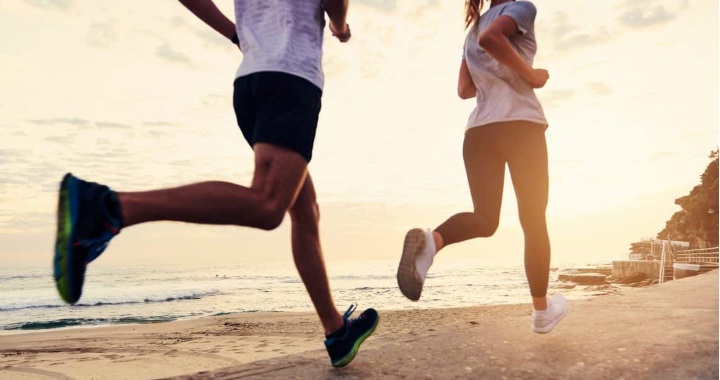
2. You might get happier.
Countless studies show that many types of exercise, from walking to cycling, make people feel better and can even relieve symptoms of depression. Exercise triggers the release of chemicals in the brain—serotonin, norepinephrine, endorphins, dopamine—that dull pain, lighten mood and relieve stress. “For years we focused almost exclusively on the physical benefits of exercise and really have ignored the psychological and emotional benefits of being regularly active,” says Cedric Bryant, chief science officer of the American Council on Exercise.
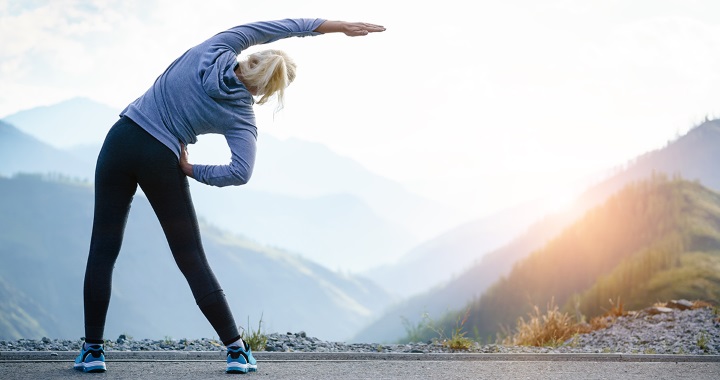
3. It might make you age slower.
Exercise has been shown to lengthen lifespan by as much as five years. A small new study suggests that moderate-intensity exercise may slow down the aging of cells. As humans get older and their cells divide over and over again, their telomeres—the protective caps on the end of chromosomes—get shorter. To see how exercise affects telomeres, researchers took a muscle biopsy and blood samples from 10 healthy people before and after a 45-minute ride on a stationary bicycle. They found that exercise increased levels of a molecule that protects telomeres, ultimately slowing how quickly they shorten over time. Exercise, then, appears to slow aging at the cellular level.

Thanks To: Time(time.com)
